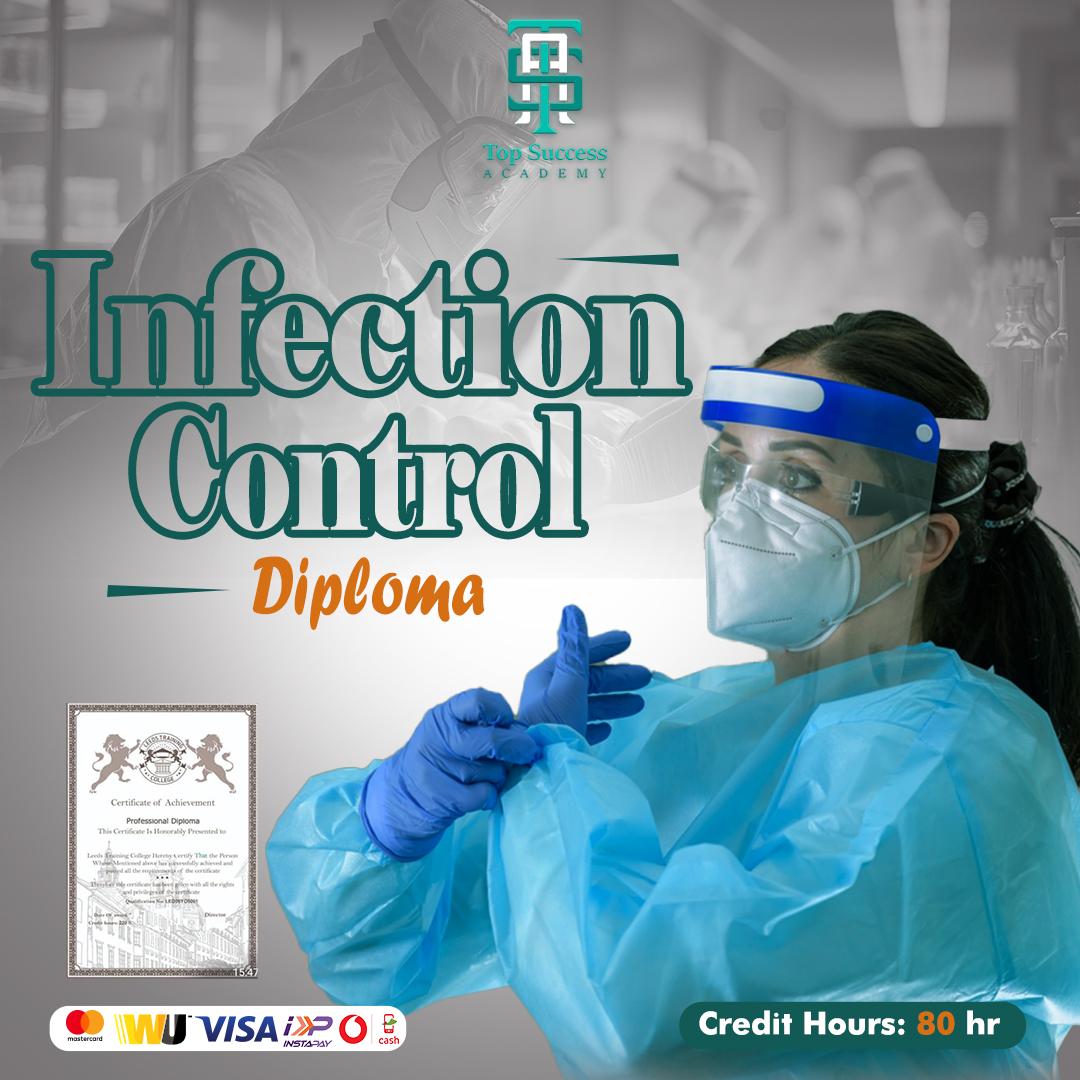
Infection and Prevention Control:
Healthcare-acquired infections (HAIs) occur worldwide.
They affect both developed and resource-poor countries.
Infections acquired in healthcare settings are among the major causes of death and increased morbidity among hospitalized patients.
They are a significant burden both for the patient and for public health.
This professional diploma provides:
Basic and advanced knowledge needed to practice infection control.
Practical tools to apply best practices in the infection control field.
How to conduct a surveillance system in your facility.
How to deal with occupational exposure to blood-borne pathogens.
How to conduct infection statistics.
How to conduct outbreak investigations.
Types of isolation precautions and how to apply them.
Contents:
General Principles of Infection Control Practices
Introduction:
Definitions, concepts, and importance of IP&C
Dialysis
Infection Prevention and Control Program
Hand hygiene
Organizational structure and components
Aseptic technique
Personal protective equipment
Environmental cleaning
Cleaning, disinfection, and sterilization
Pneumonia
Isolation precautions
Surgical site infection
Intravascular device infection
Urinary tract infection
General principles of epidemiology
Surveillance
Outbreak investigation
Occupational health
Occupational exposure to blood-borne pathogens
Intensive care
Emergency preparedness and management
Operating theatres
Antimicrobials and resistance
Endoscopy
Cardiac catheterization and electrophysiology
Ambulatory care
Infection Control Practices in Specific Healthcare Departments:
Laboratory & blood bank services
Outpatient services
Dental services
Pharmacy services
Imaging services & radiation oncology
Interventional radiology
Laundry, patient linens, textiles & uniforms
Waste management
Maintenance and engineering
Assessment of the whole course